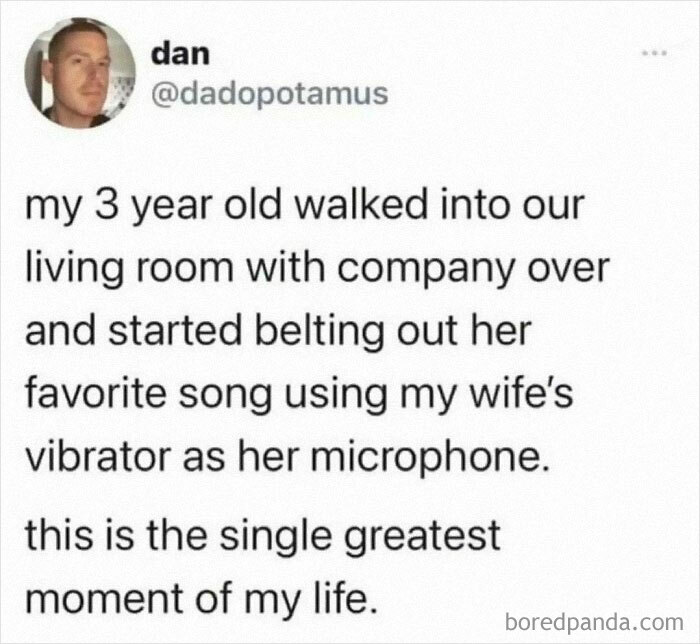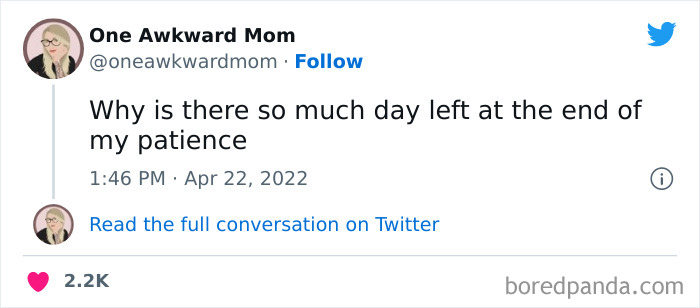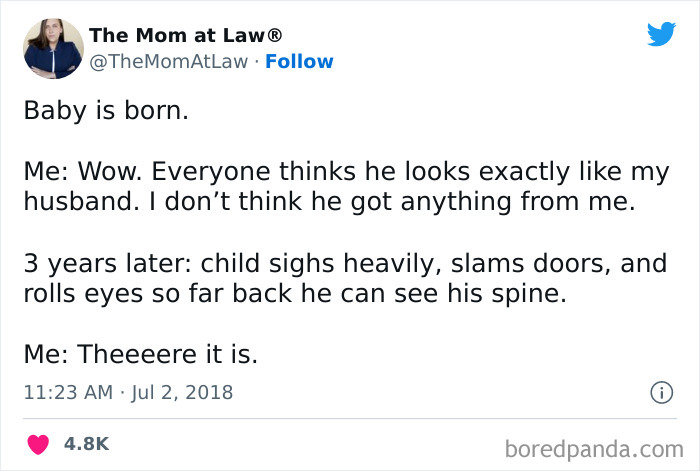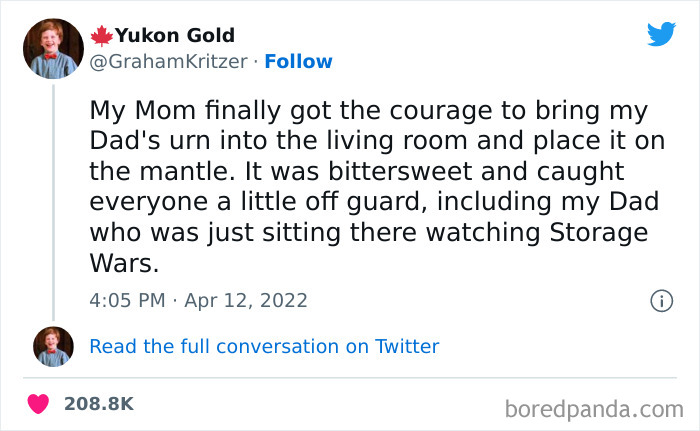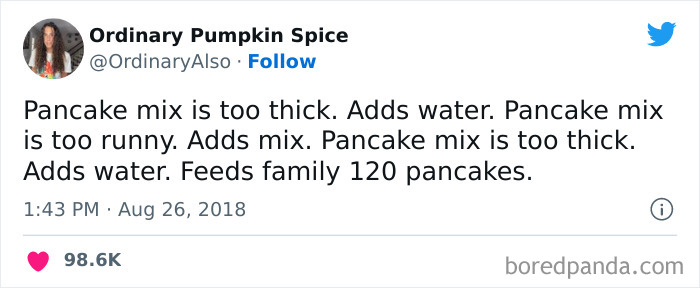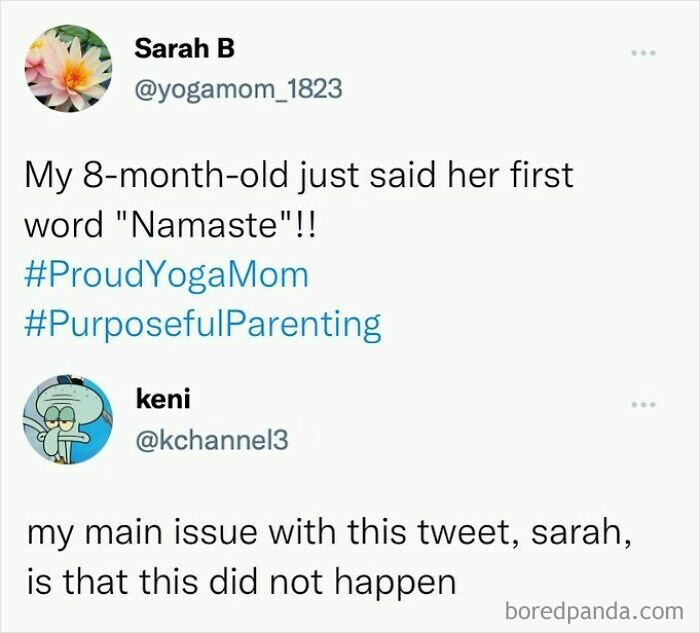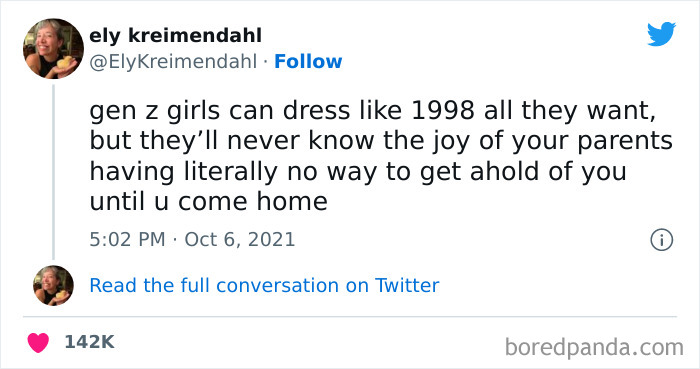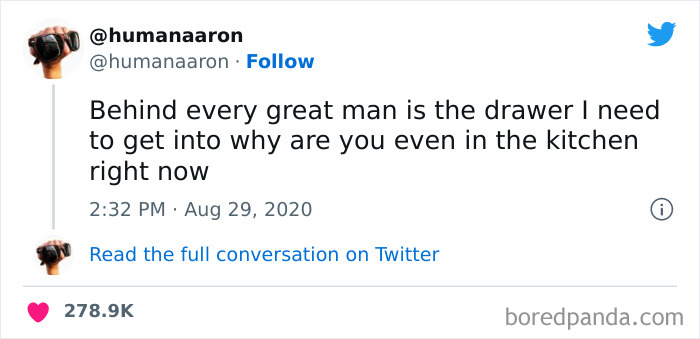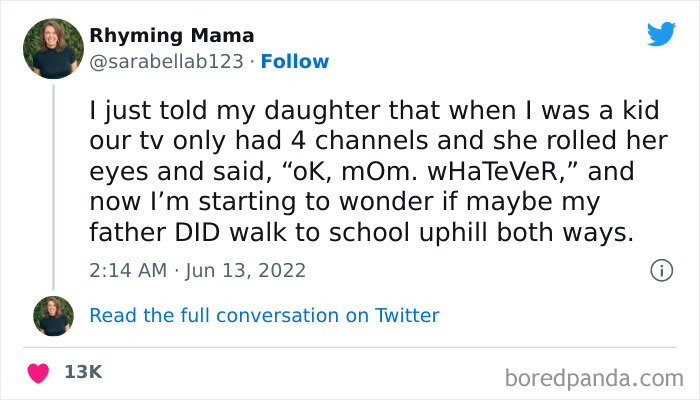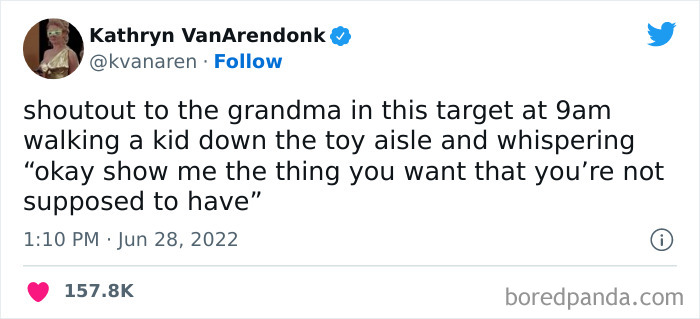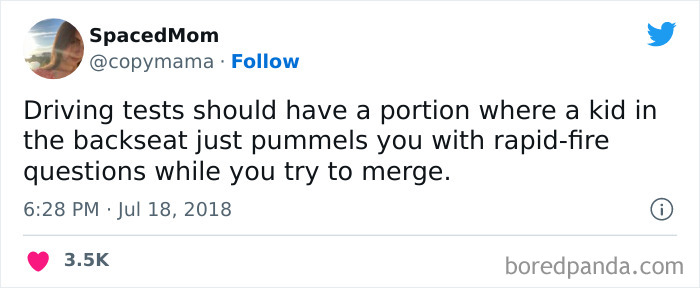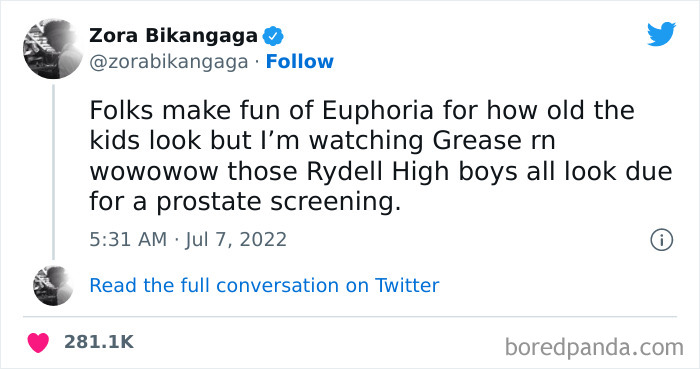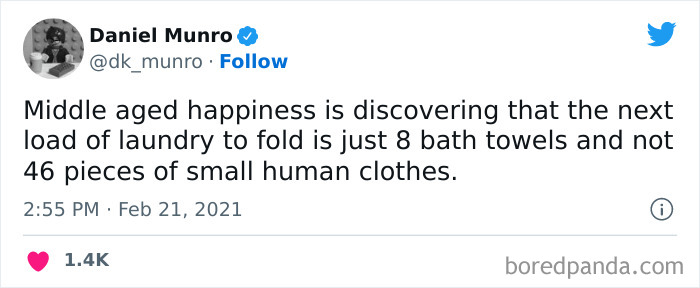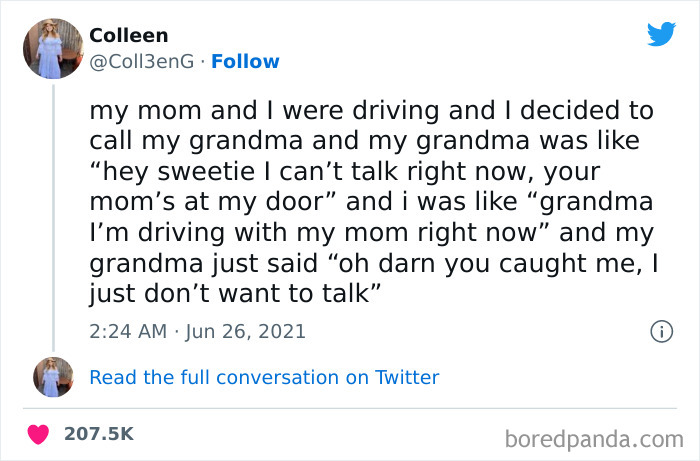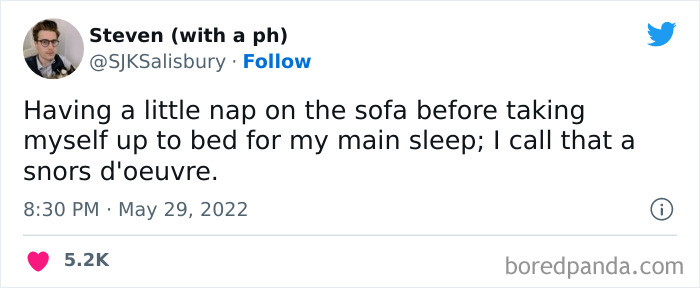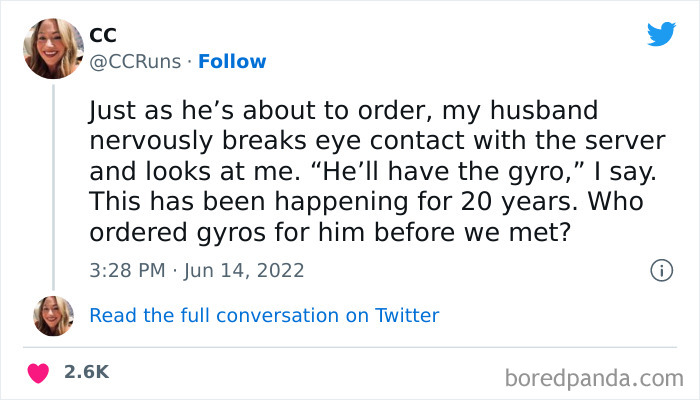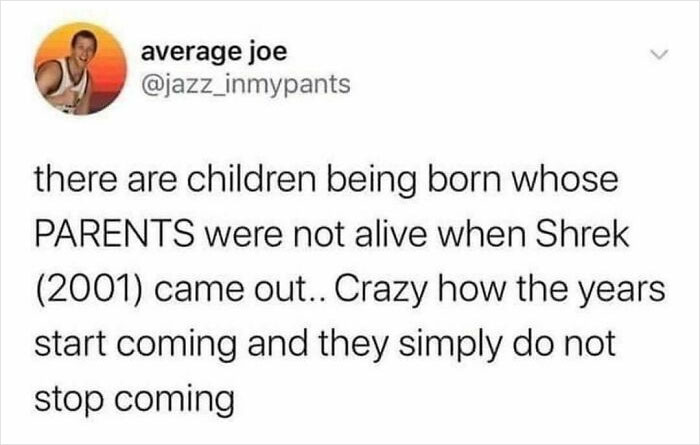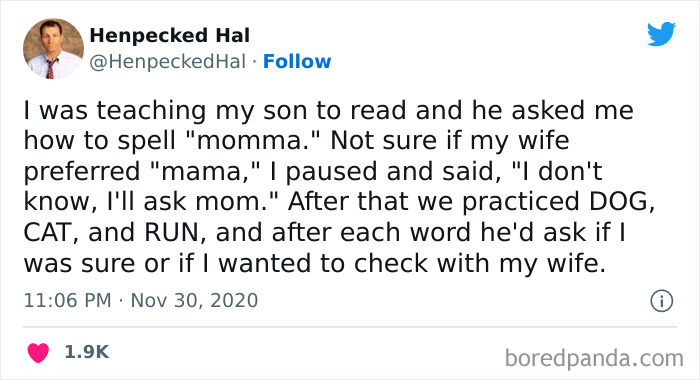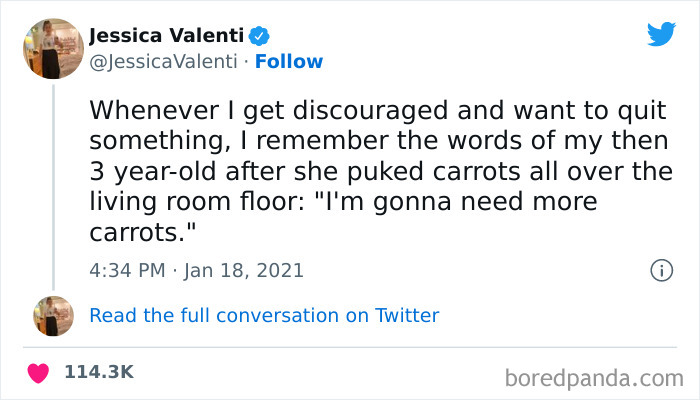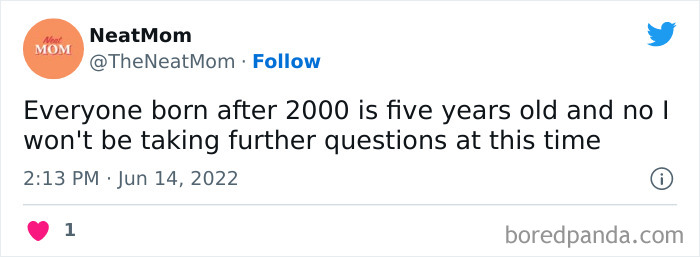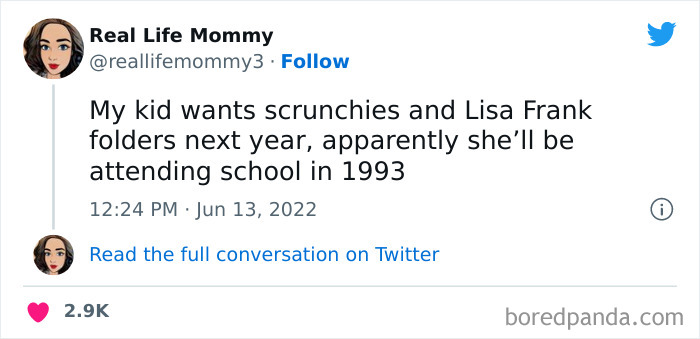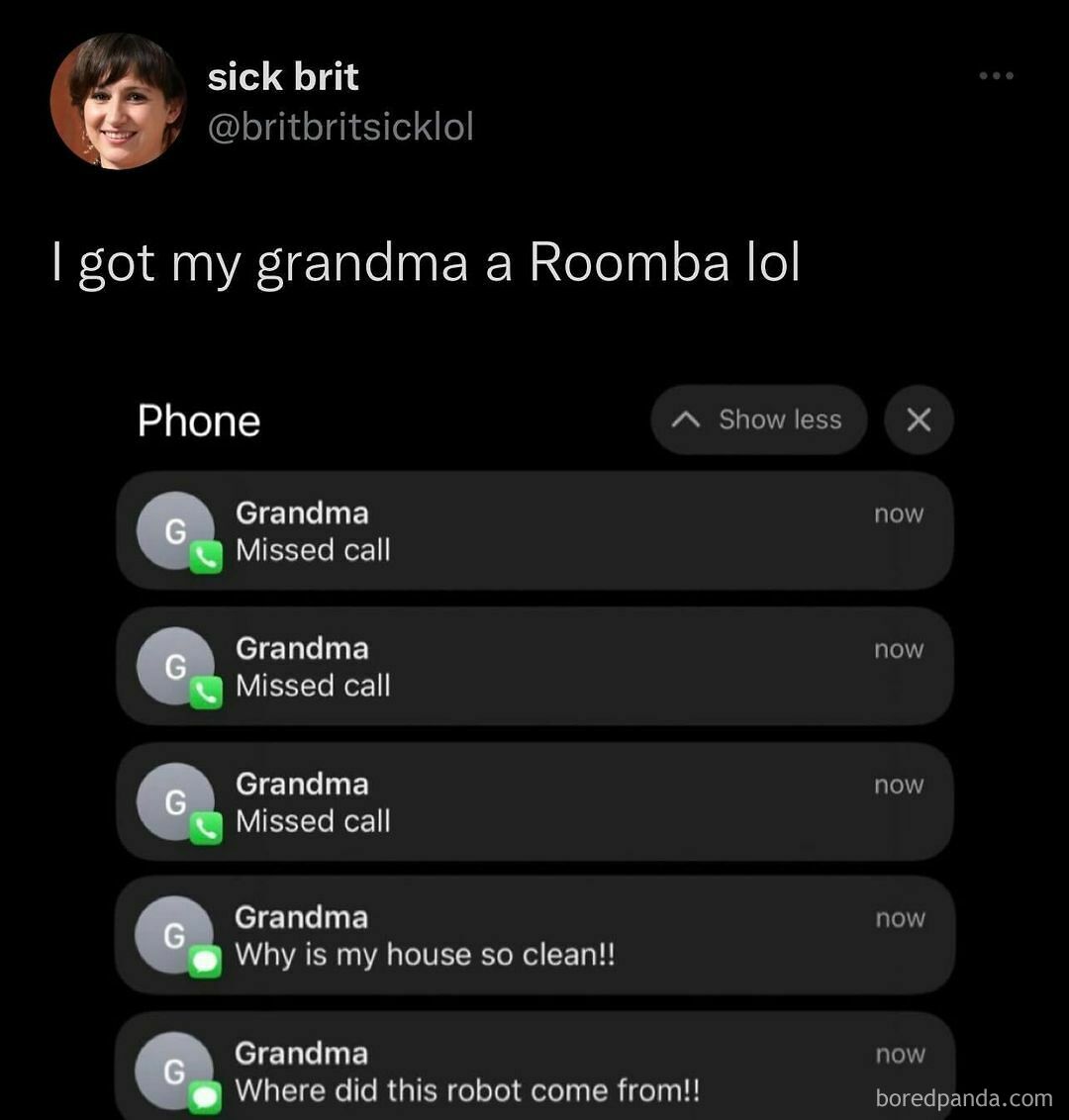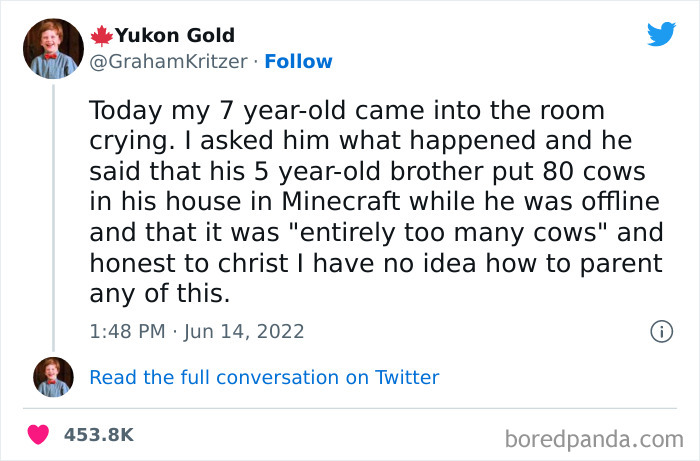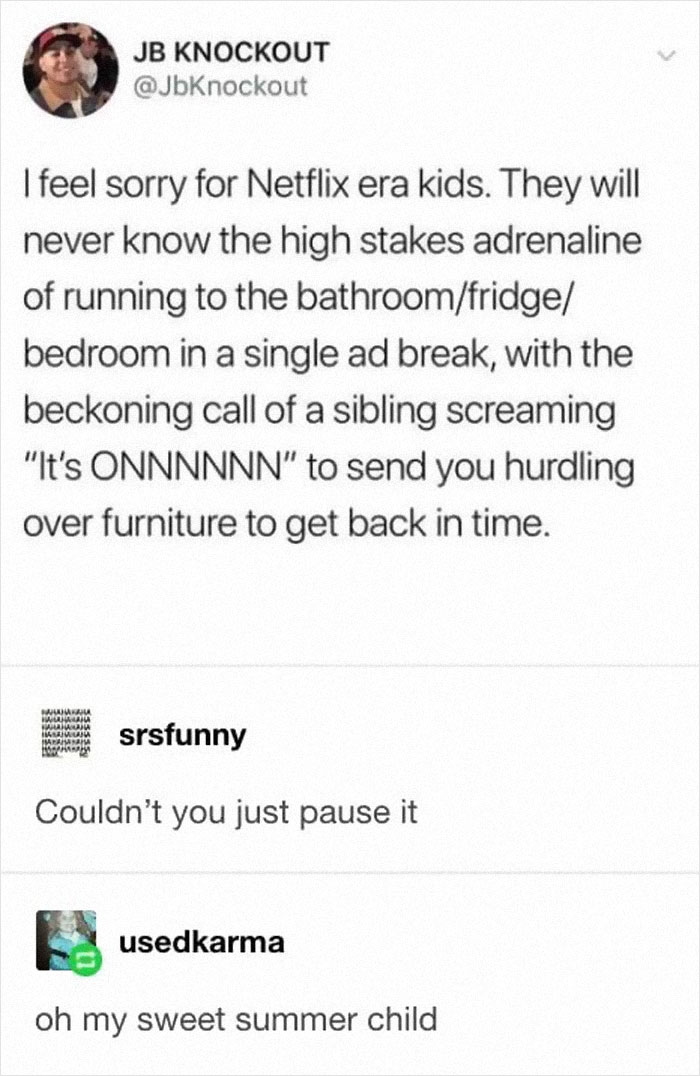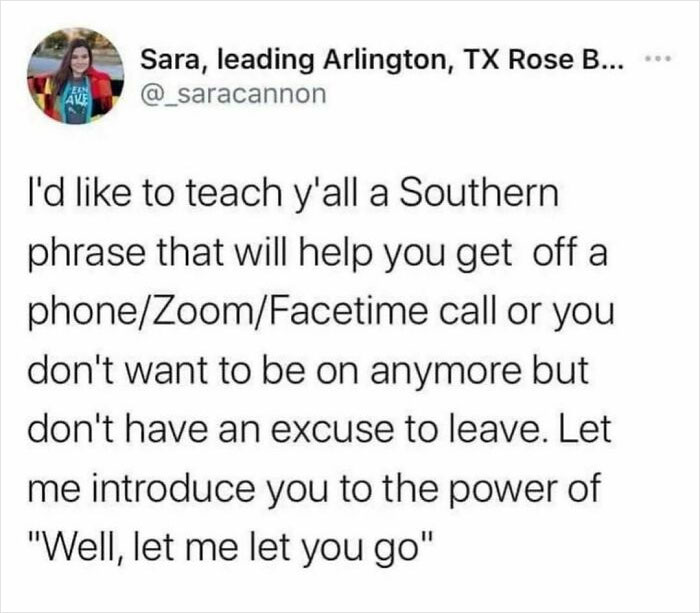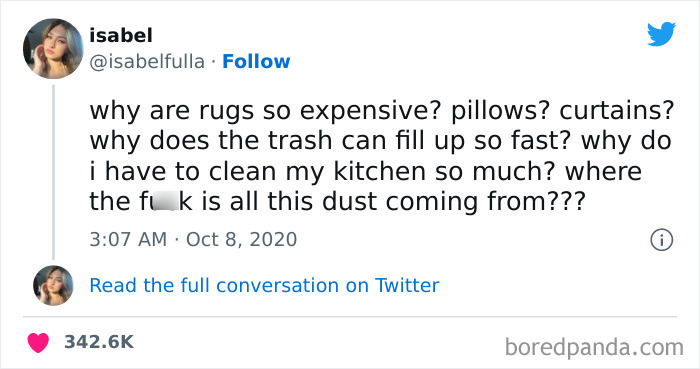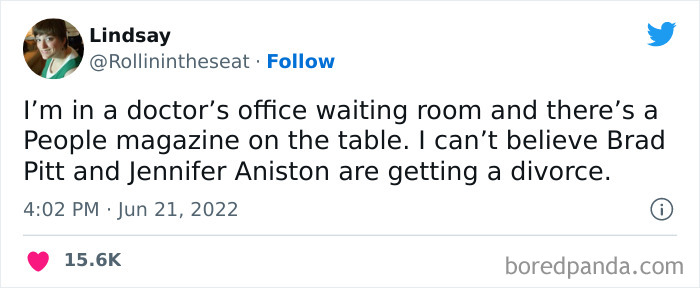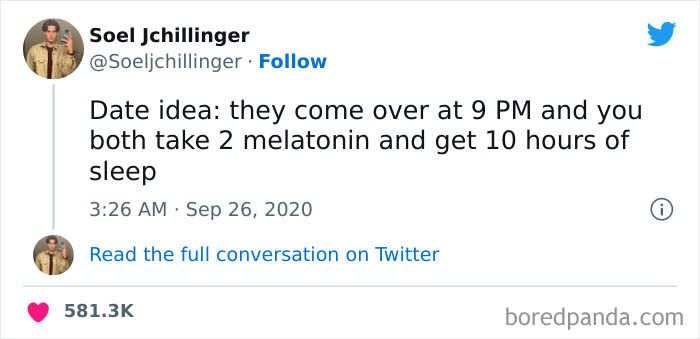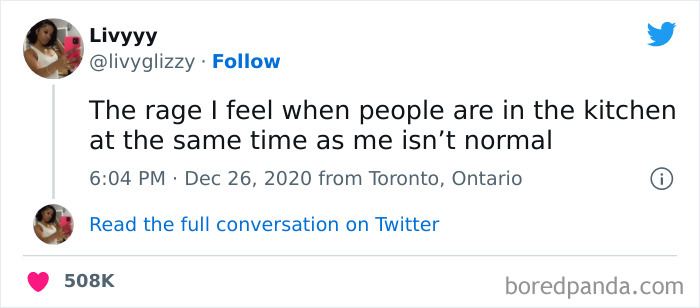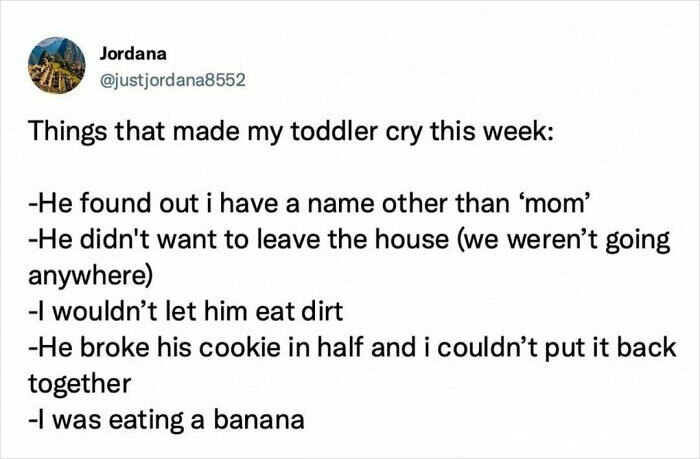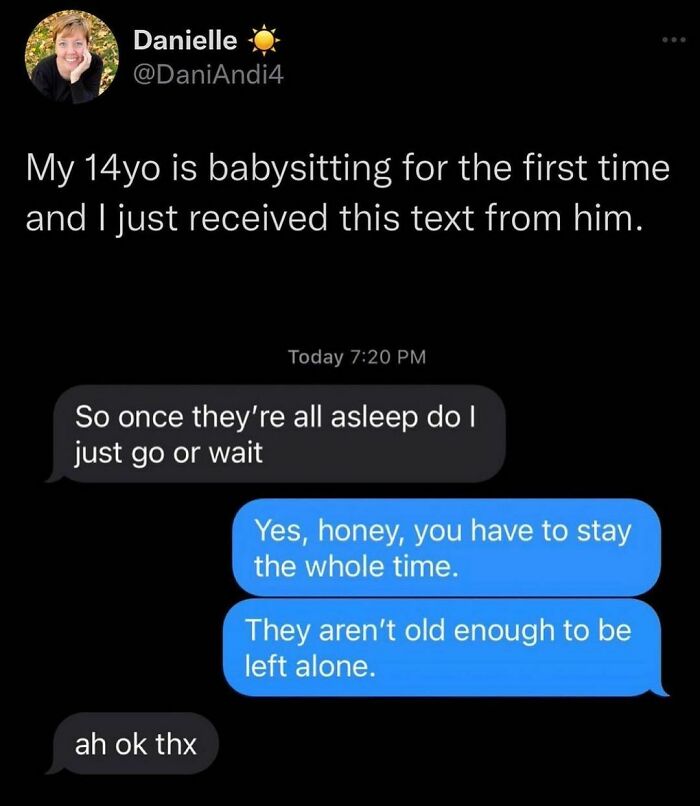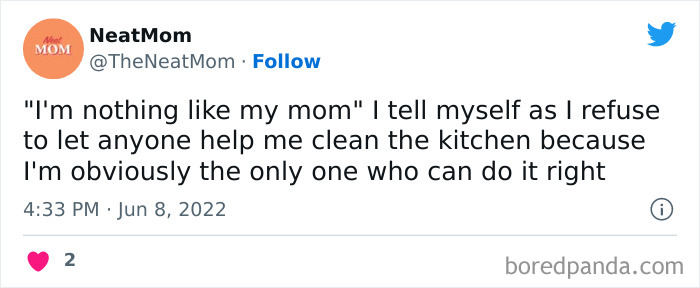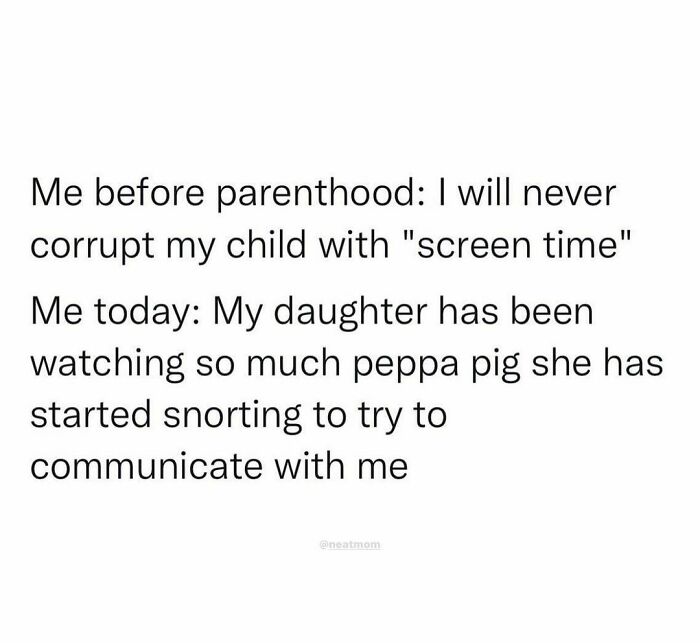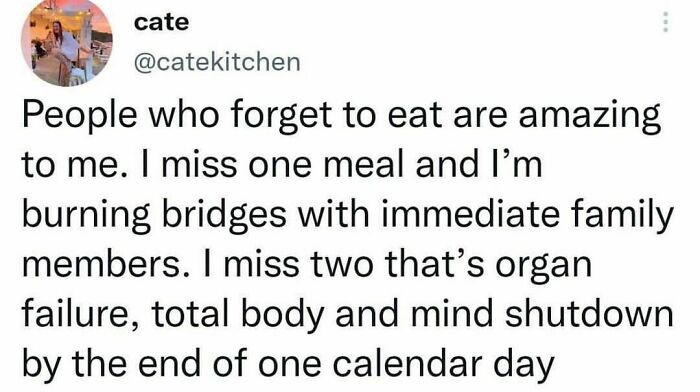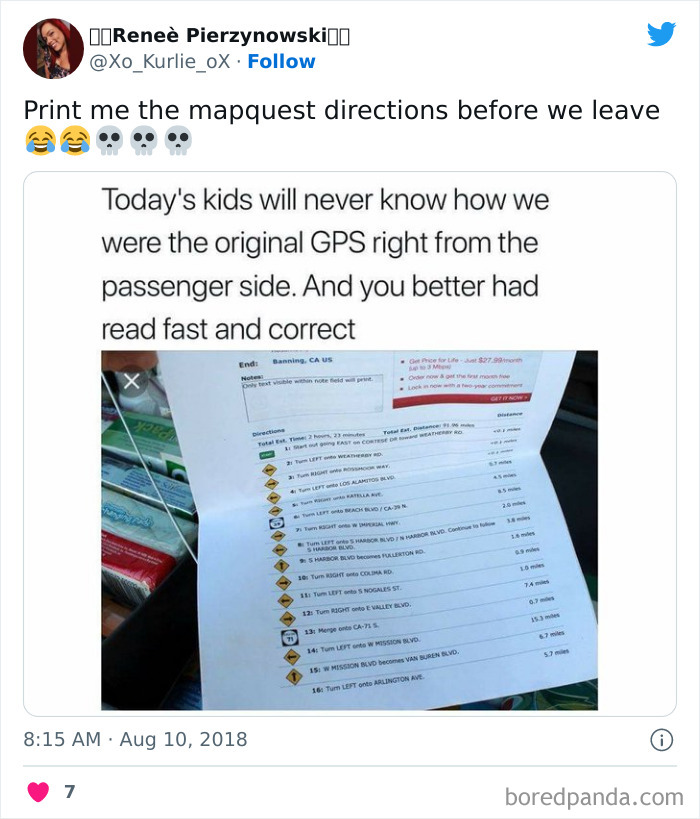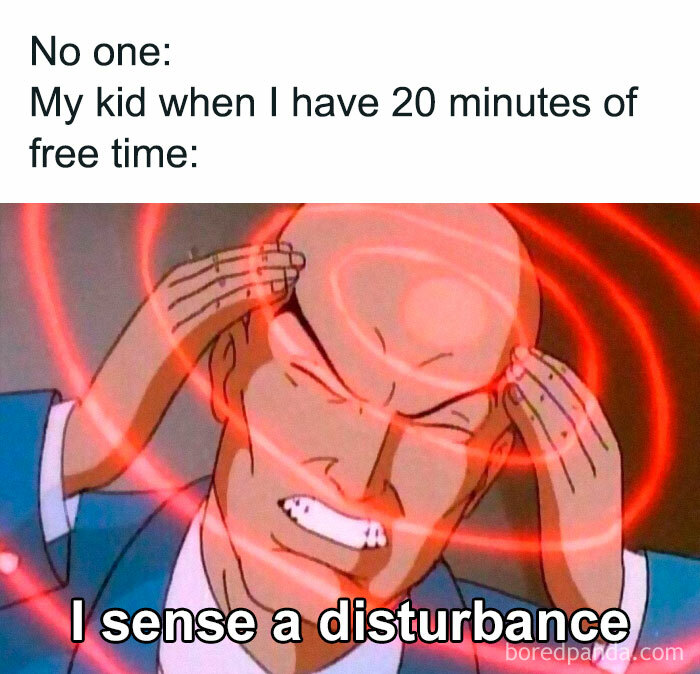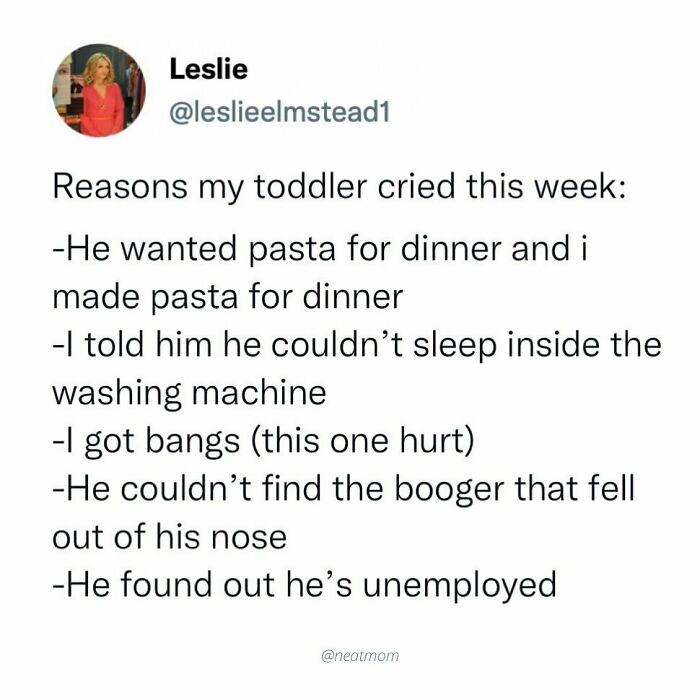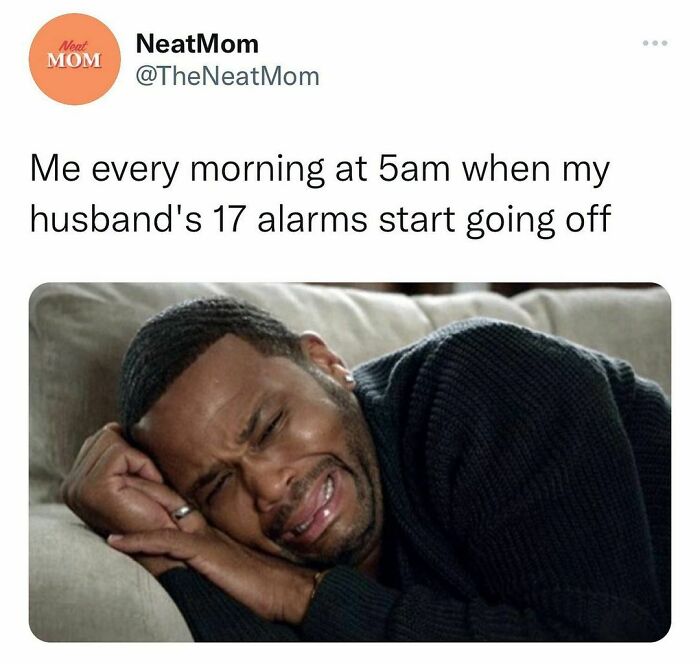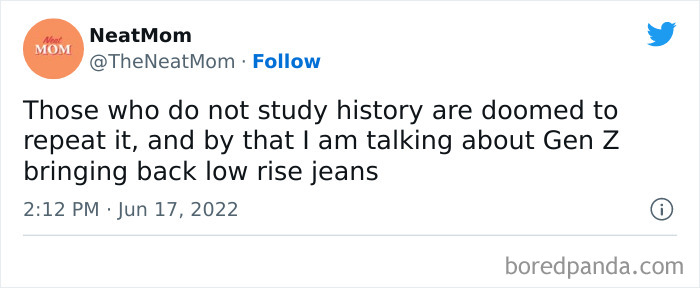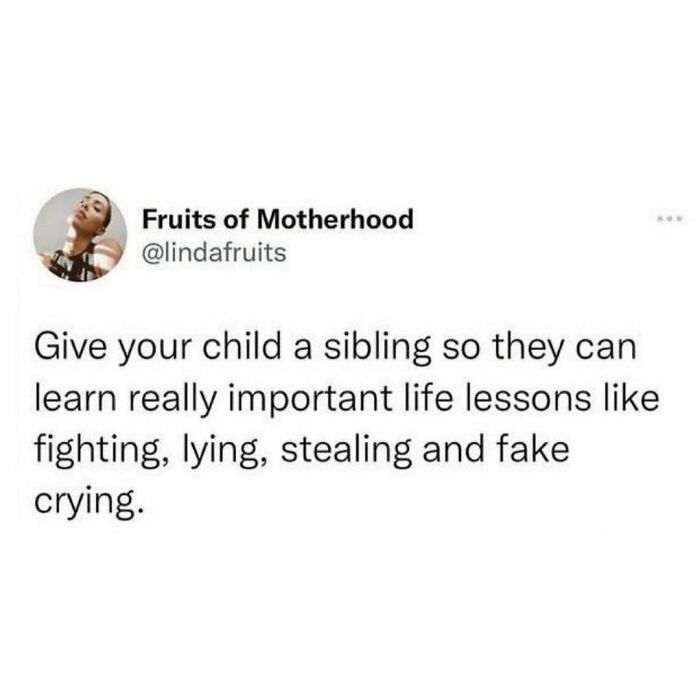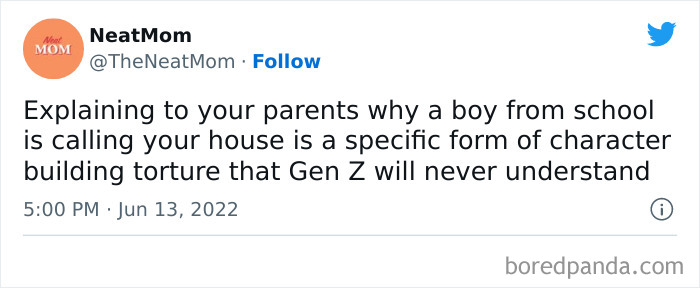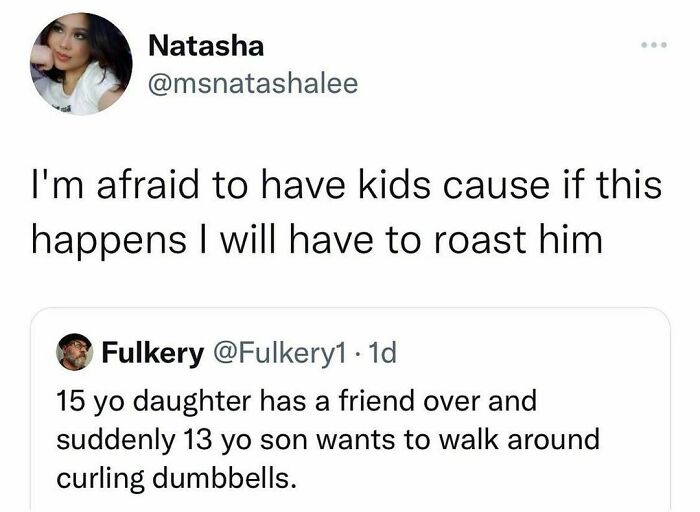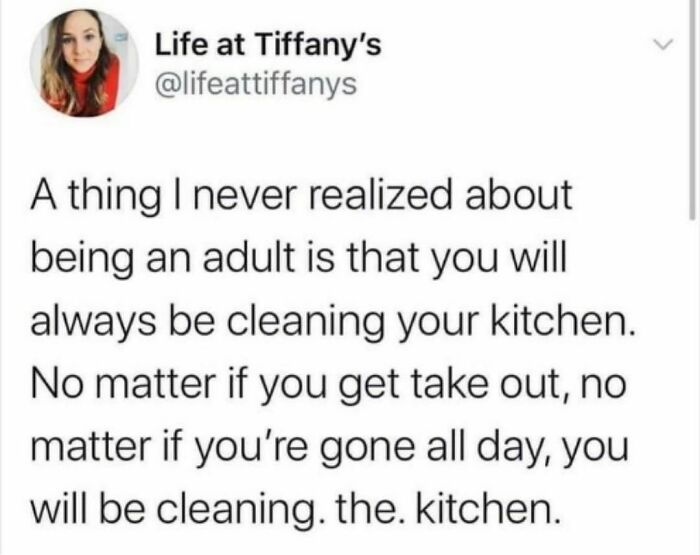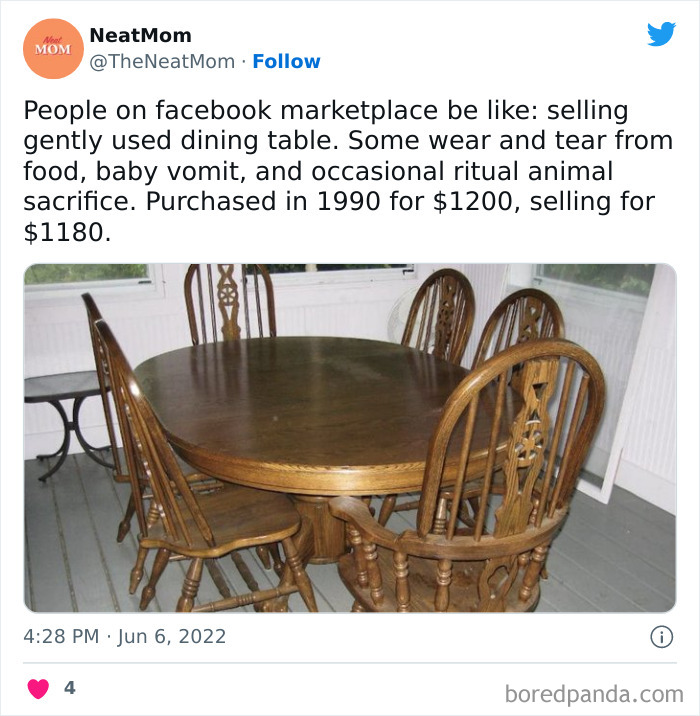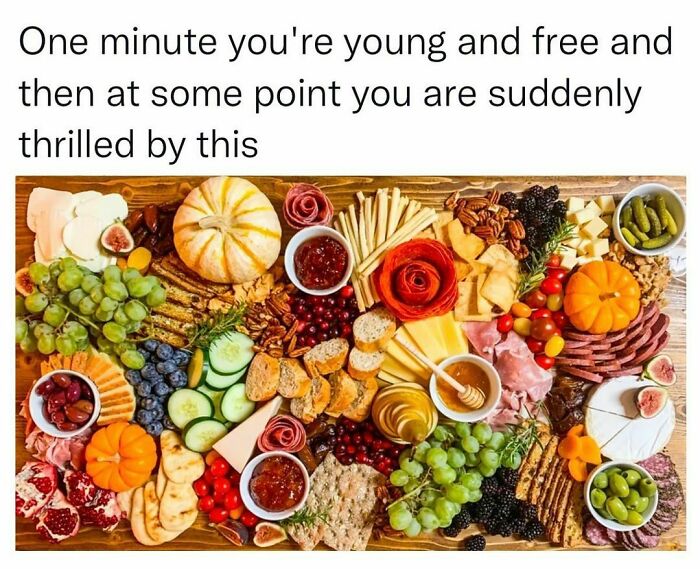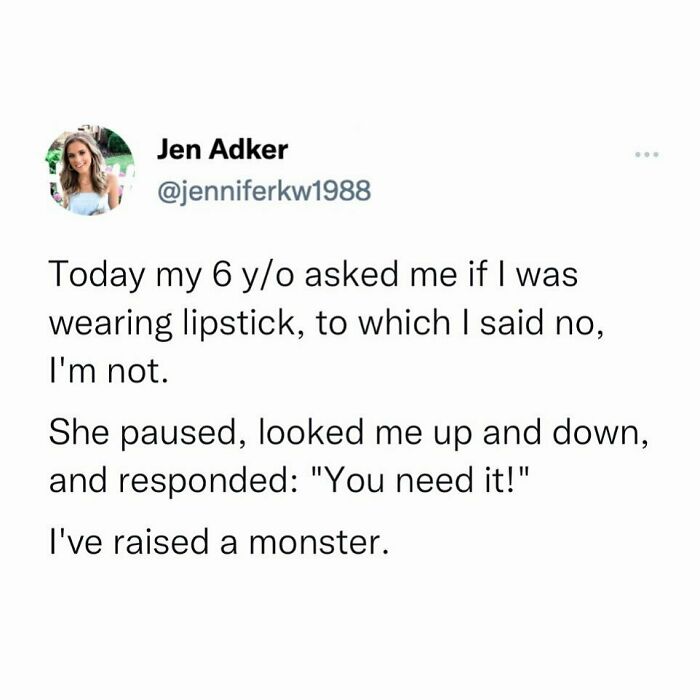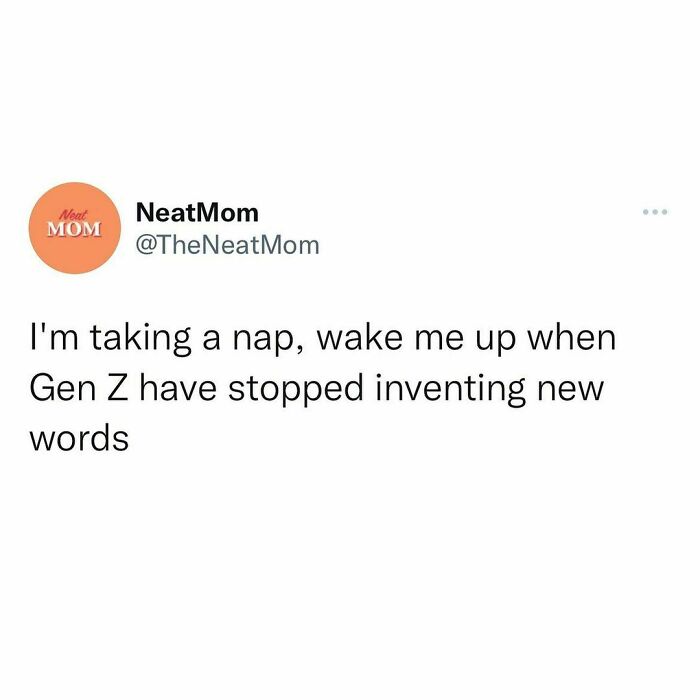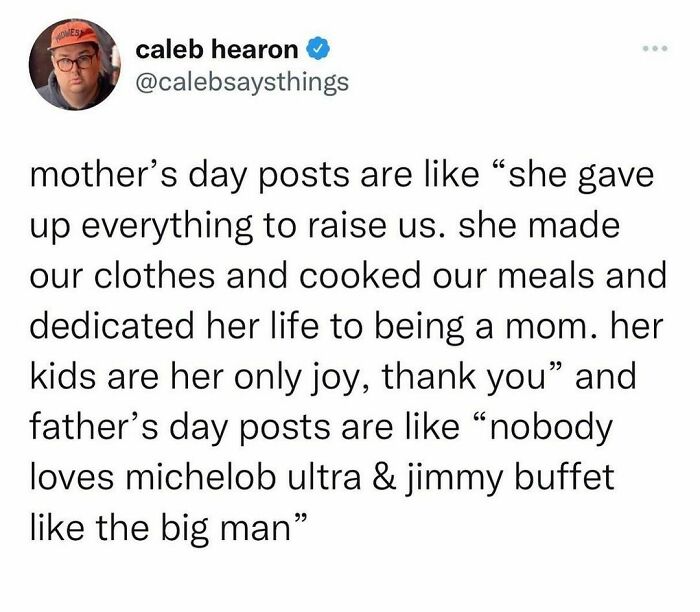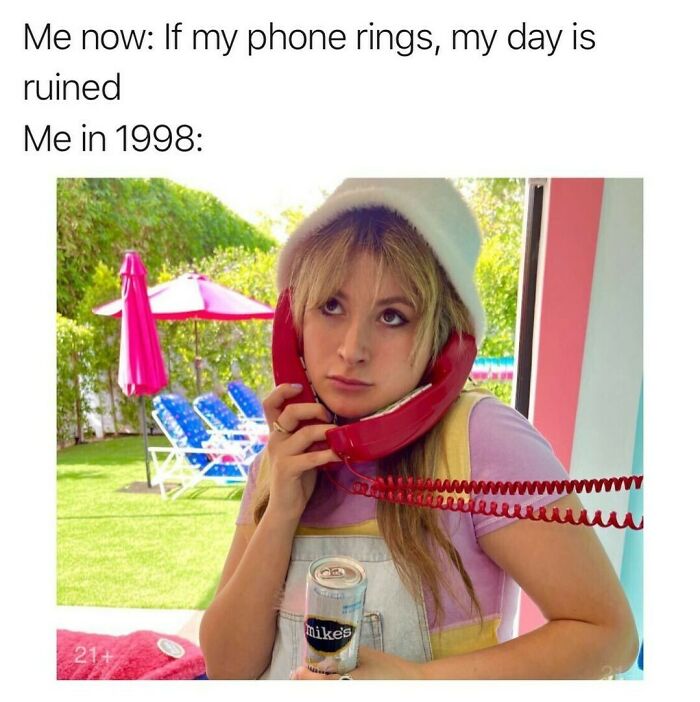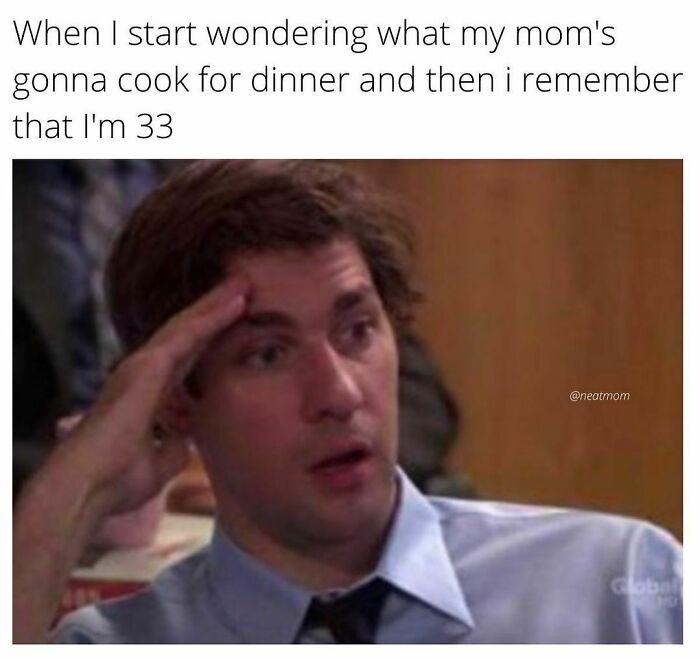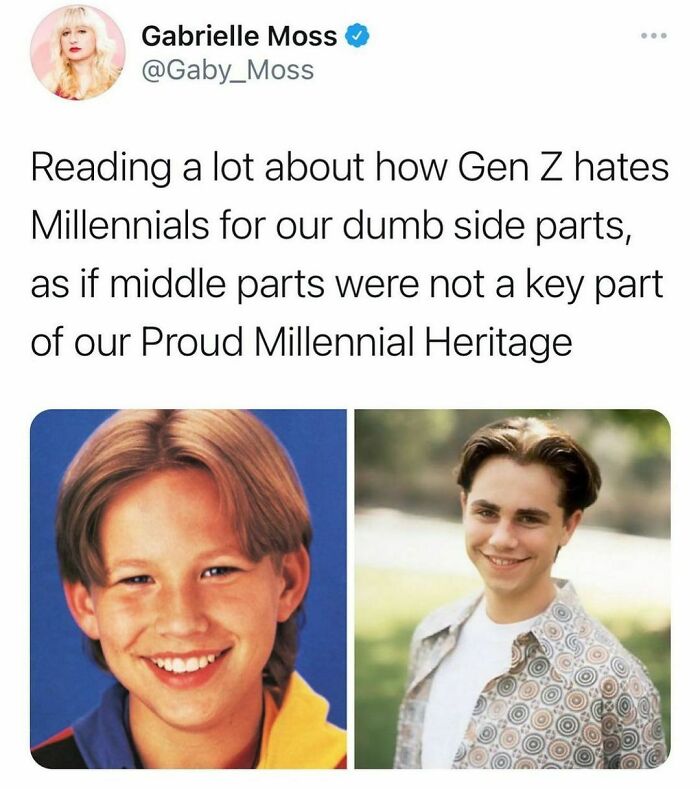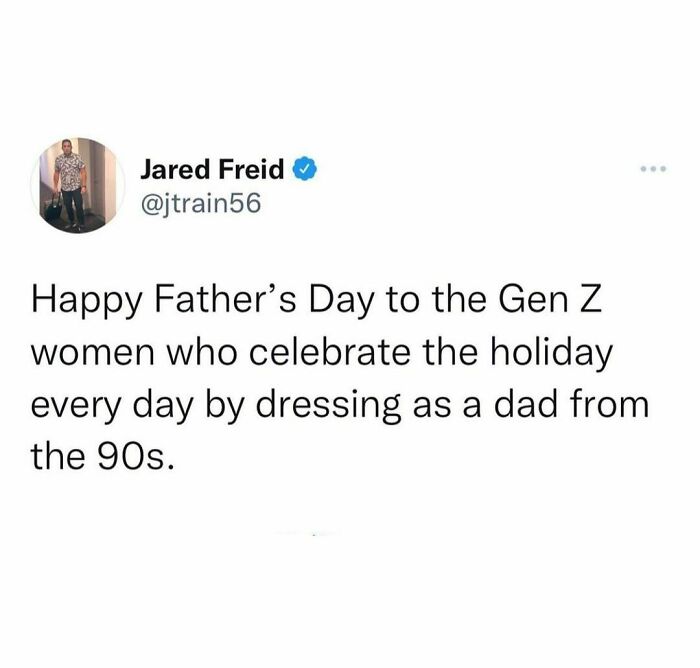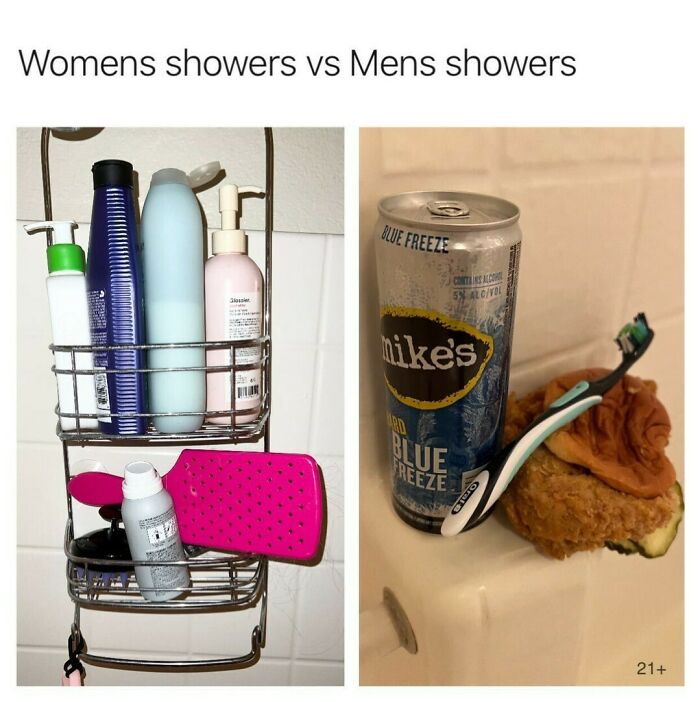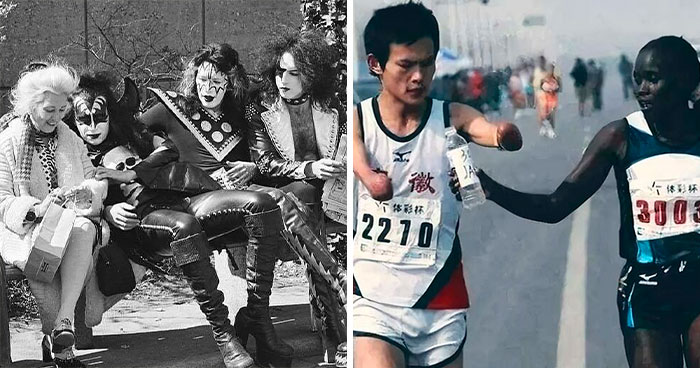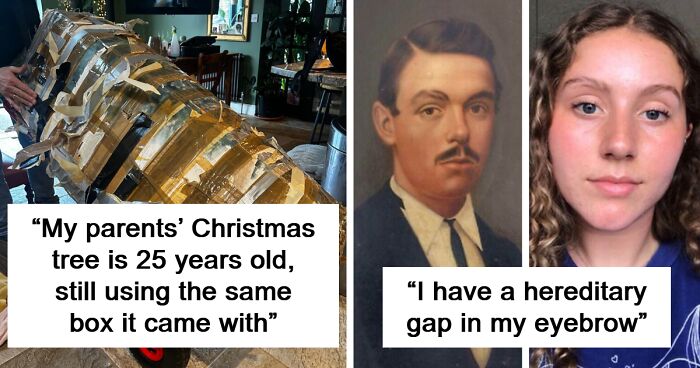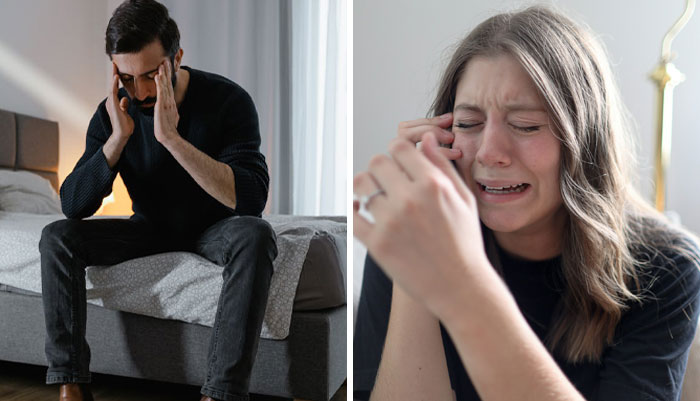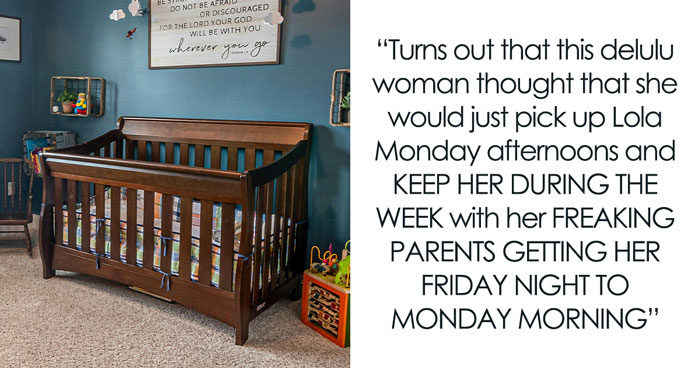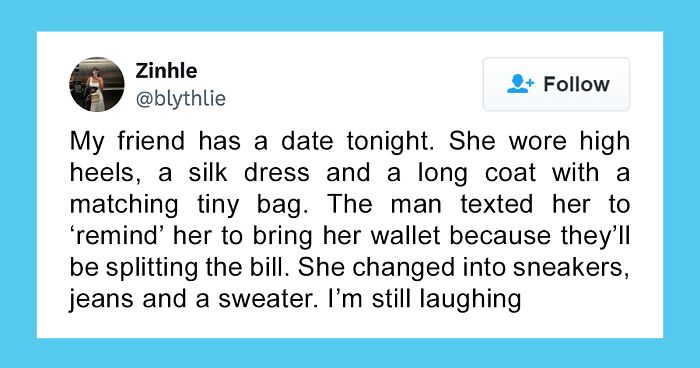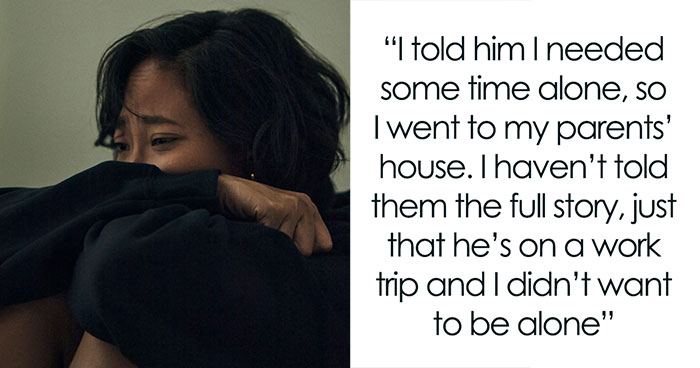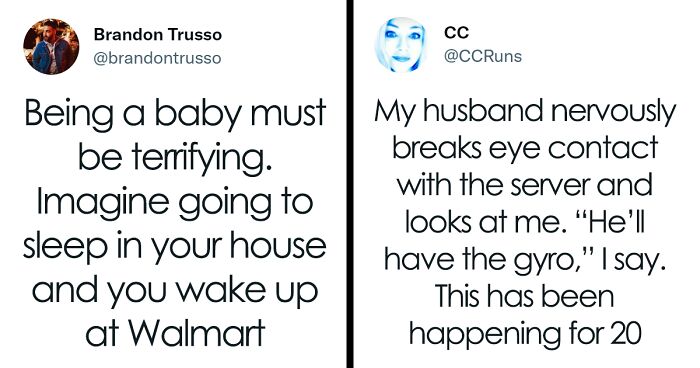
“I’m Not A Regular Mom, I’m A Cool Mom”: 50 Neat Mom Memes That Sum Up The Absurdity And Hilarity Of Raising Kids (New Pics)
Parenting has always been hard. All the meal planning, cooking, clothing, coordinating—the list goes on, but you get the idea. Thankfully, there are plenty of rewarding moments, too.
The Instagram account 'Neat Mom' perfectly captures both the highs and lows of this lifelong journey. As you might've seen from our first publication on this light-hearted online project, its feed is basically the epitome of the phrase "That's funny because it's true."
So continue scrolling to immerse yourself in the laughs and giggles that come from raising kids!
More info: Instagram
This post may include affiliate links.
that's why babysitters are so terrifying. Where the HELL did mom go???
I'd be scared if I woke up in Walmart regardless of where I fell asleep.
Counterpoint: babies have no object permanence. Kipping off at home and waking up at Walmart is no different to them to kipping off at Walmart and waking up in the Cambodian killing fields.
I think they develop object permanence around 8 or 9 months, still pretty young.
Load More Replies...'Neat Mom' currently has over 1.1 million followers, but if all conditions remain the same, this number is likely to increase. Contrary to what many believe, the share of U.S. women at the end of their childbearing years who have ever given birth was higher in 2016 than it had been 10 years earlier.
According to a Pew Research Center analysis of U.S. Census Bureau data, some 86% of women ages 40 to 44 are mothers, compared with 80% in 2006.
Not only are women more likely to be mothers than in the past, but they are also having more children. Overall, women have 2.07 children during their lives on average – up from 1.86 in 2006, the lowest number that has been recorded.
The recent rise in motherhood and fertility might seem to run counter to the notion that the U.S. had experienced a post-recession “Baby Bust.”
(However, it's worth mentioning that each trend is based on a different type of measurement. The analysis here is based on a cumulative measure of lifetime fertility, the number of births a woman has ever had; meantime, reports of declining U.S. fertility are usually based on annual rates, which capture fertility at one point in time.)
One reason driving down annual fertility rates is that women are becoming mothers later in life. The median age at which women become mothers in the U.S. is 26, compared with 23 in 1994.
This change has been caused in part by declines in births to teens. In the mid-1990s, about one-in-five women in their early 40s (22%) had had a child prior to age 20; in 2014, that share had dropped to 13%.
Delays in childbearing have continued among women in their 20s: while slightly more than half (53%) of women in their early 40s in 1994 had become mothers by age 24, this share was 39% among those who were in this age group in 2014.
The Great Recession intensified this shift toward later motherhood, which has been driven in the longer term by increases in educational attainment and women’s labor force participation, as well as delays in marriage.
Given these social and cultural shifts, it seems likely that the postponement of childbearing will continue in the near future.
But will the recent annual declines in fertility lead U.S. women to have smaller families? It is difficult to answer, but comparing the lifetime fertility of women who just recently completed their childbearing years with those 20 years earlier suggests that postponing births does not necessarily equate with lower lifetime fertility.
After that, it's time for a light nappetizer before the main course
Speaking of neat moms, around 29% of all mothers living with children younger than 18 are at staying at home. This marks a modest increase since 1999, when 23% of moms were home with their children, but a long-term decline of about 20 percentage points since the late 1960s when about half of moms were at home.
I see what you did there :) (all star by smash mouth reference for those who don’t know)
I don't care if you have a spreadsheet, 1980 is about 20 years ago!
I have a pack of resistors. When my kid falls asleep, I open them and put them in line with the speaker. Still makes noise, just very little noise :) The toys that is. Unfortunately no way to add resistors to kids yet.
With an ten-minute ad break every eight minutes on commercial television these days that isn't a problem any more.
...and they've been getting back together and/or she's been pregnant ever since. It's been the longest pregnancy in the history of time. She's going to be 70 and they're still going to be putting out stories that she's 'finally having a baby.'
I see no problem with being named after R2D2. It was often the cleverest robot. :]
After 17 years of marriage, all 3 kids are at sleepovers and we just eat wings in bed while watching TV and getting a good night's sleep. Getting a shower, getting dressed, putting on make up, leaving the house, spending money, and being hungover for what feels like 3 days after one glass of wine is no longer considered a good time.
I have 5... At this moment I have spent 10 minutes arguing with 5YO about brushing teeth and I really don't have the energy to go in to work tomorrow
Or just roll up in the driveway and fall asleep in the car before you get in the house
I think i might be getting old, because my first thought was 'That's a pretty nice leaf blower.'

 Dark Mode
Dark Mode 

 No fees, cancel anytime
No fees, cancel anytime 


